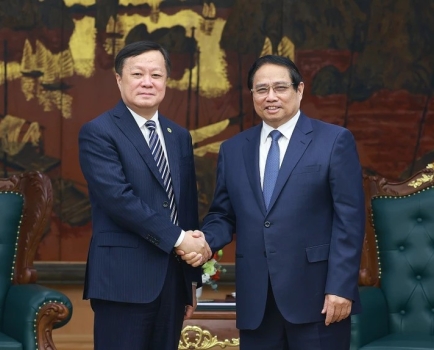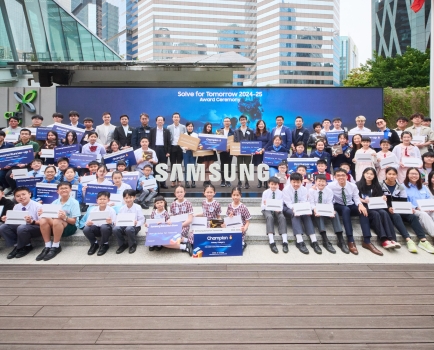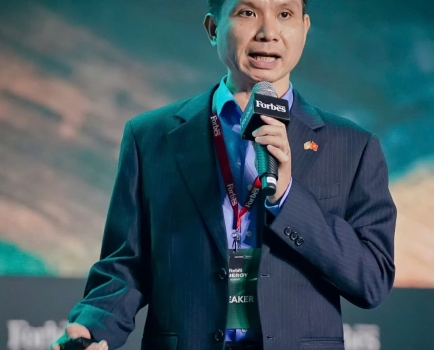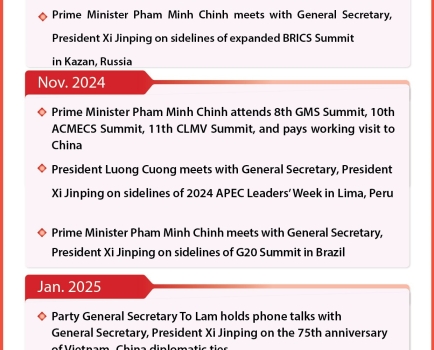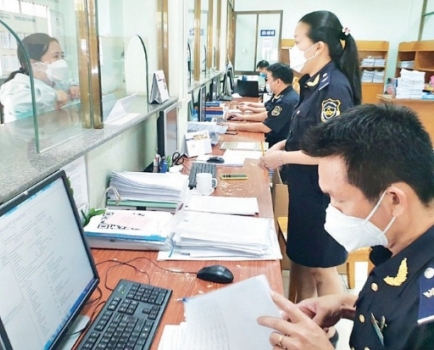JETRO: Japanese and Vietnamese firms are moving in the same direction
Mon, 06 Nov 2023 22:57:00 | Print | Email Share:
Vietnam has been ranked second for six consecutive years as a country that Japanese companies want to expand into, Mr Takeo Nakajima, Chief representative of the Hanoi Office of the Japan External Trade Organization (JETRO Hanoi) shared with The World and Vietnam Report.
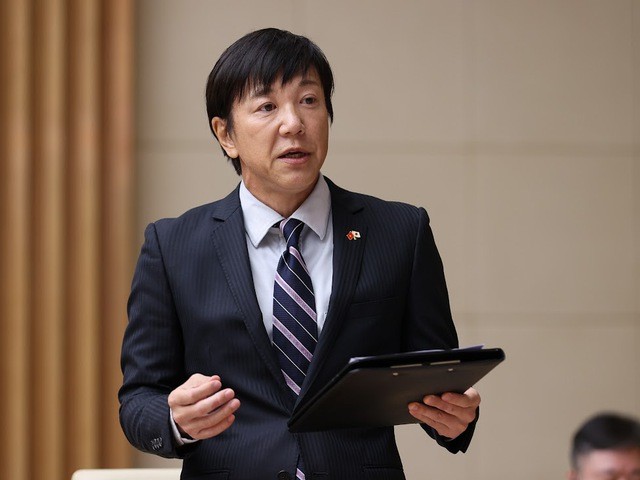 |
| Chief Representative JETRO Hanoi Takeo Nakajima. (Source: VGP) |
With more than 5,000 projects, total investment capital reaching nearly 70 billion USD, accounting for 15.7% of total registered FDI capital in Vietnam, Japan is currently the third largest foreign investor out of 143 countries, regions and territories investing in Vietnam. How do you evaluate this result?
Cumulative foreign investment in Vietnam through September 2023 ranked by country: 1st Korea, 2nd Singapore, 3rd Japan (total new and expanded investment, excluding investments and stock purchases). The top three countries are the main drivers of investment in Vietnam. Japan ranks third in terms of the amount of investment but second in terms of the number of projects, showing it is an active investor.
Japan's share of total FDI was 15% ten years ago and currently stands at 15.7%. The investment has been increasing steadily. The number of projects is particularly significant. While there are large-scale new investments such as power plants and infrastructure projects, investments by small and medium-sized enterprises (SMEs) and expansions of existing enterprises have resulted in many.
The Japanese Chamber of Commerce and Industry in Vietnam has the most significant members in ASEAN, with 2,000 companies in three chambers. A report estimates that 560,000 people in Vietnam belong to Japanese companies covered by social insurance. Japan contributes significantly to the welfare of Vietnamese people and the stability of Vietnamese society.
According to many international organizations and economic experts, Vietnam is currently an attractive destination for Japanese investors. What do you think about Vietnam's business investment environment?
According to a survey of Japanese headquarters conducted by JETRO, Vietnam has been ranked second for six consecutive years as a country that Japanese companies want to expand into. It boasts a consistently high level of popularity.
Attractiveness as an export base. Vietnam has concluded 15 FTAs worldwide, and imports and exports benefit from low and no tariffs. The trade volumes through Haiphong and Ho Chi Minh ports are so large that they rank in the top 30 or so in the world. Cost-competitive industrial parks and an excellent labor force are also attractive.
Attractiveness as a market. According to our survey, the most significant advantage of investing in Vietnam is "market growth potential" (74% of respondents). Expectations are high for consumer markets, B2B markets, government infrastructure projects, and markets for social problems.
Attractiveness as a cooperation partner. Typical of the digital sector, Japanese and Vietnamese firms are increasingly cooperating and doing business regardless of country or location. Digital collaboration in finance, healthcare, logistics, and e-commerce is flourishing.
According to FDI statistics, the number of equity investments and purchases has also increased in recent years, indicating that the activities of FDI firms are diversifying beyond physical direct investment.
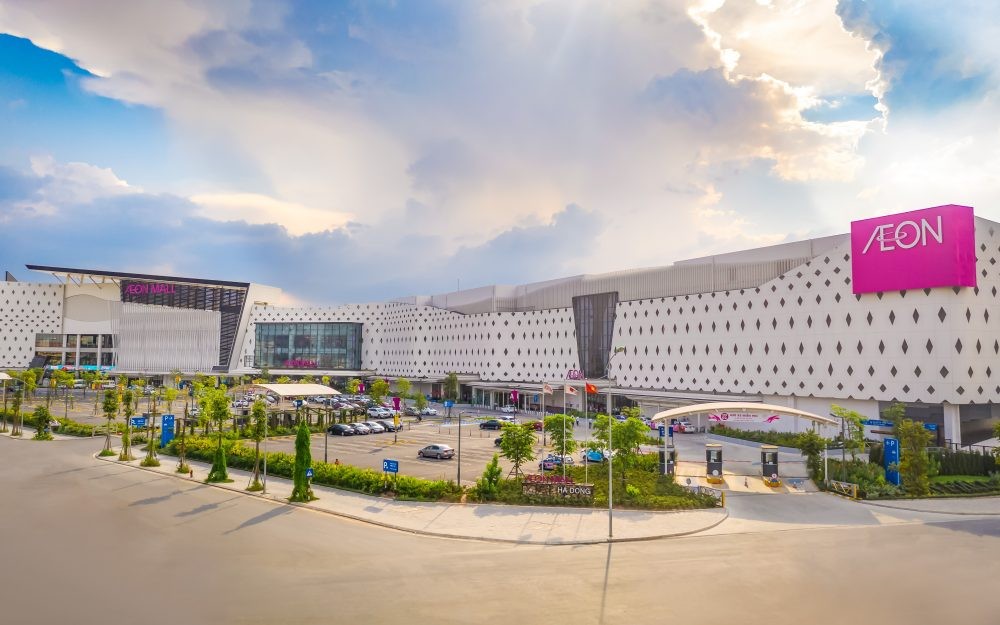 |
| Japan contributes significantly to the welfare of Vietnamese people and the stability of Vietnamese society. (Source: AEONMALL) |
Attracting high-quality investment is always the goal Vietnam wants to achieve. According to him, in the coming time, what should Vietnam do to receive high-quality investment capital from Japan?
In response to various cost increases in Vietnam, Japanese companies are trying to increase high-value-added production and productivity through human resource development, labor saving, automation, and digitalization. In this sense, Japanese and Vietnamese firms are moving in the same direction.
However, transitioning to high-value-added production is difficult, even in developed countries. In many developed countries, the "transition to high value-added production" has not necessarily been realized, and manufacturing industries have moved overseas. It is also noteworthy that the country's low-cost production is a competitive advantage and attraction.
Many FDI firms are reviewing and strengthening their supply chains due to uncertain global situations. JETRO is the secretariat for the Japanese government's Supply Chain Diversification Grant. Approximately 40% of all projects are in Vietnam. Vietnam has become an essential hub in the production networks of Japanese companies.
To accelerate the above trend, Vietnam needs more green power supply, along with stable electricity. Global firms strictly check GHG emissions and environmental impacts at each stage of the supply chain. Production networks also need intelligent logistics networks. In developed countries, many logistics facilities have been built along highways and railways.
Thank you so much!
By: The World & Vietnam
Source: https://en.baoquocte.vn/jetro-japanese-and-vietnamese-firms-are-moving-in-the-same-direction-248349.html
---------------------------------------------
Same category News :




